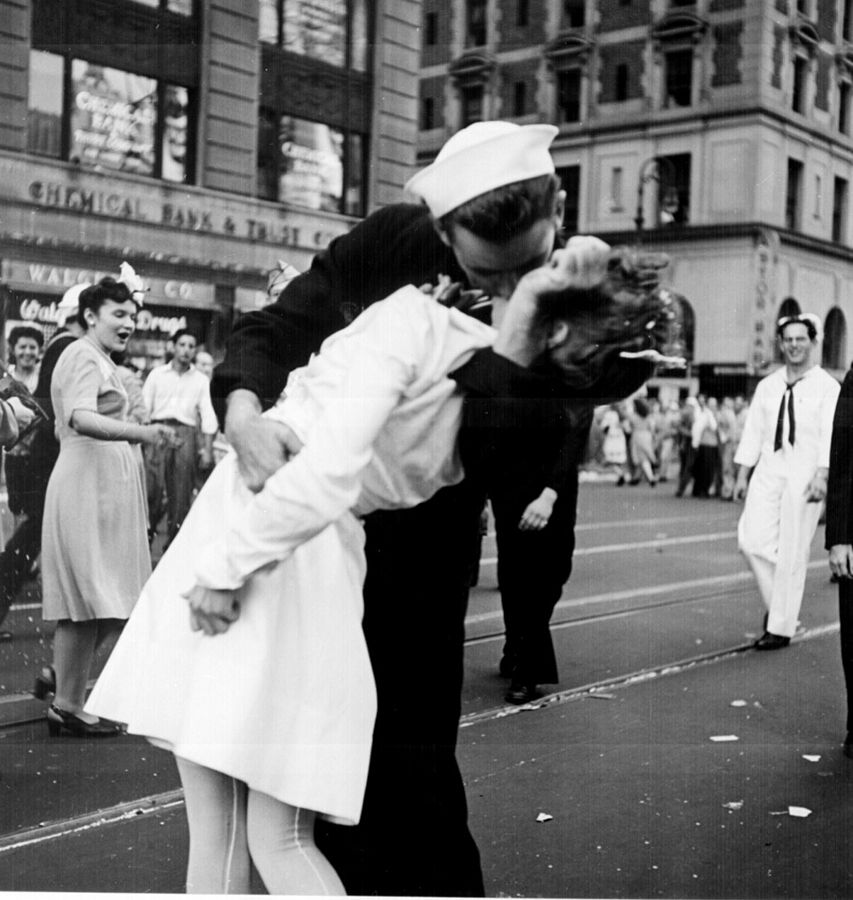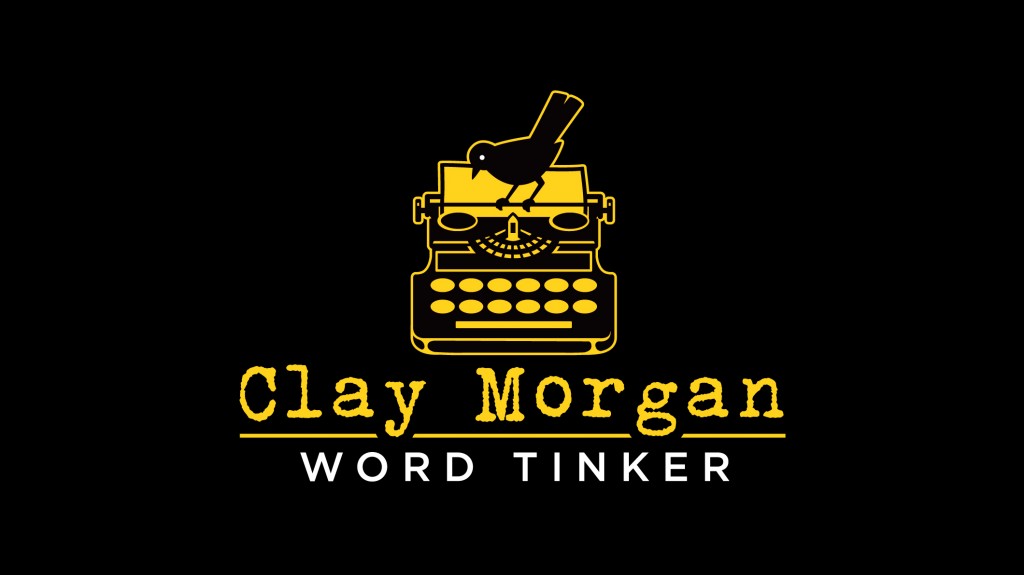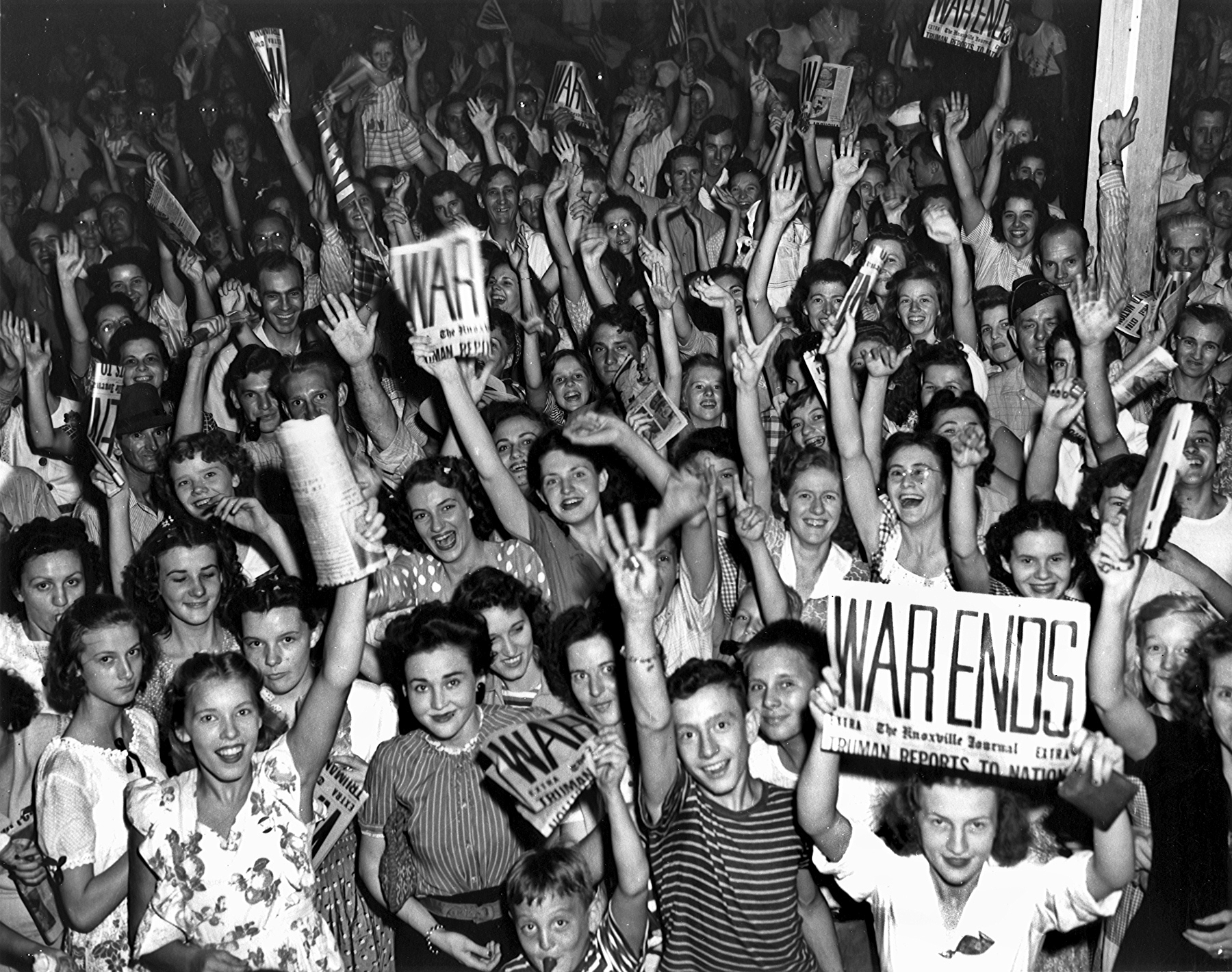LAYERS OF CLAY
![]()
70 years ago today was for many folks around the world the most important day of their lives when the official announcement of Germany’s surrender in World War II made its way around the globe.
The prayers of many parents were answered as their soldier sons could finally return home. Millions of men and women shed tears at the possibility of finally being reunited with their spouses.
Citizens of war-torn towns and nations could at last dream of returning home to rebuild. Sirens of sudden attacks and discomforting drills would no longer be necessary to prepare innocent civilians for the potential of imminent, deadly attacks.
Leaders who had labored for years to defeat a fearsome opponent had completed their ultimate objective.

And the millions of people who had lost loved ones, broken as they were, could at least attempt to move on. If anything, the Allied victory at war provided some closure, perhaps even a small comfort knowing that the sacrifice of so many had helped stop murderous violence and even genocide.
Hitler was dead. Germany was out of the war. Still, the war was not completely over for America.
U.S. forces continued to battle Japan in the Pacific. After four years of fighting, the Allied effort there hadn’t yet even reached the mainland of the island nation that had pulled America irrevocably into the war with a surprise attack on Pearl Harbor.
American President Franklin D. Roosevelt didn’t get to see the endgame through. FDR had died just a couple weeks before Hitler killed himself. Vice President Harry Truman became Commander-in-Chief and spent the summer of 1945 conferencing with leaders like Winston Churchill of Britain and Joseph Stalin of Russia.
That summer, Truman gave orders to use atomic bombs to force Japanese surrender and prevent an estimated 500,000 to one million more casualties if his military had to fight all the way to Tokyo. By mid-August the last remaining Axis empire had also surrendered. Victory over Japan was complete. V-J Day, as it’s known.
We don’t much commemorate V-E Day anymore, certainly not like previous generations did. My grandparents always remembered it. A lot of time has passed, and we lose connections to events as they become more historical than personal.
But it’s good and right to remember. A lot of people sacrificed a great deal for a cause that matters. Fighters lost life, limb, and mental stability. Citizens at home gave what they could to a united effort. Many civilians around the world lost all they had. And Western Civilization lost part of its soul.
God knows they weren’t perfect back then. America did send a segregated military to fight against racial tyranny, after all. But they did what they could so we could have our own shot at being imperfect too.
Literally, thousands of people exist today because their parents and grandparents were saved by men and women who stepped in seven decades ago.
In these days of violence and unrest, the lessons of history serve a purpose. When we see a threat like ISIL taking so many lives, it’s difficult to know how to respond. When world leaders ask America to do something, we feel the stress. Train Syrian resistance fighters? Maybe, but should we? What if the forces we equip turn around and commit their own atrocities or any number of other things go wrong? If history’s taught us anything, it’s that unintended consequences are inevitable. Maybe we should stay out of it, but standing by doesn’t feel so great either.
The reality is that we can’t stop future violence and war. We can’t “make the world safe for democracy” as many past presidents have asserted.
All we can do is value life. Every life, regardless of nationality, ethnicity, or religious belief. All life matters. Not just the ones on our side. Not just the ones still with us. Each one. But we’ll never convince everyone on earth of that. If I’m honest, I have to constantly remind myself of this truth.
So for practice, I do things like remember historic events that point to the value of human life. We can’t end wars, but we can remember them and the hard lessons passed down to us by folks we probably never knew. We can find honor and hope and love in the ashes of the past. And we can try to save lives too, the folks around us who need to know that their lives matter.
I hope seventy years from now someone looks back to how you and I, imperfect as we are, tried to make the world a better place, how we sacrificed something for someone. Not because we need to be praised after we’re gone, but because those examples of us at our best might just inspire someone in the future to be good to others. Because all lives matter, and every war ends eventually.


